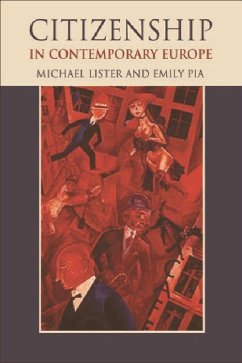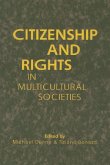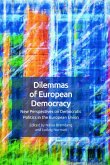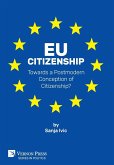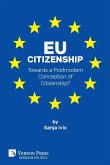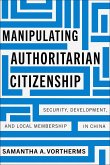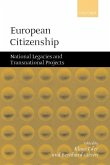In the era of globalisation, European integration, mass migration, and changing patterns of political participation and welfare state provision, the precise shape and structure of citizenship in Europe seems to be altering. This book explores these developments through the analysis of a range of perspectives, uniting a theoretical orientation with an empirical approach. The central theme of the book is that the way in which we assess the impact of these changes on citizenship depends upon how we view citizenship theoretically. The text is divided into two sections. First, the book identifies three main theoretical approaches to citizenship: classical positions (liberal, communitarian and republican); multiculturalist and feminist theories of citizenship; and the further challenge raised by post-national or cosmopolitan theories of citizenship. The second section focuses on four key social, economic and political developments - migration, political participation, the welfare state and European integration - all of which raise fundamental questions about the status and meaning of citizenship in contemporary Europe.
Hinweis: Dieser Artikel kann nur an eine deutsche Lieferadresse ausgeliefert werden.
Hinweis: Dieser Artikel kann nur an eine deutsche Lieferadresse ausgeliefert werden.

